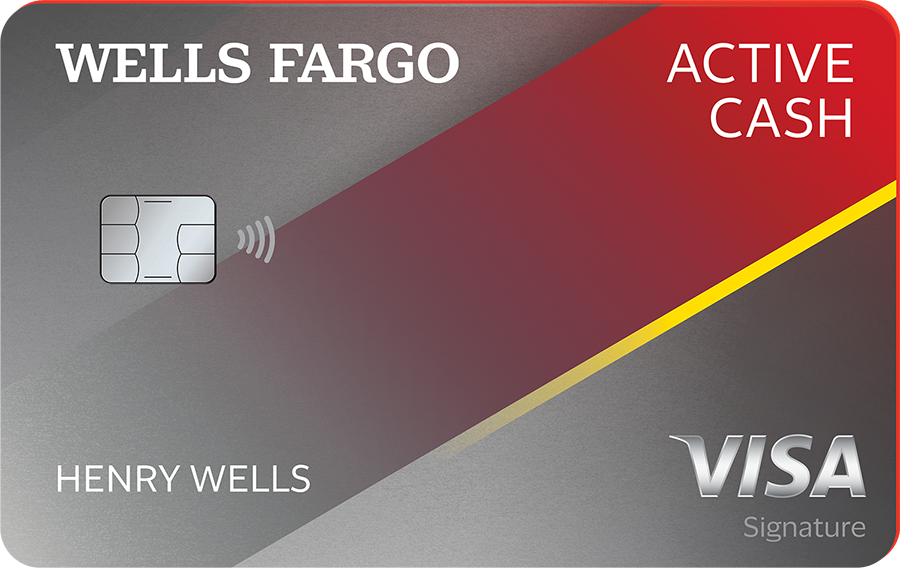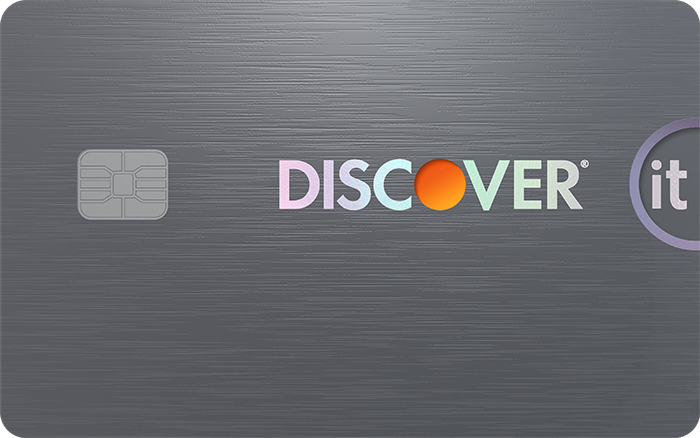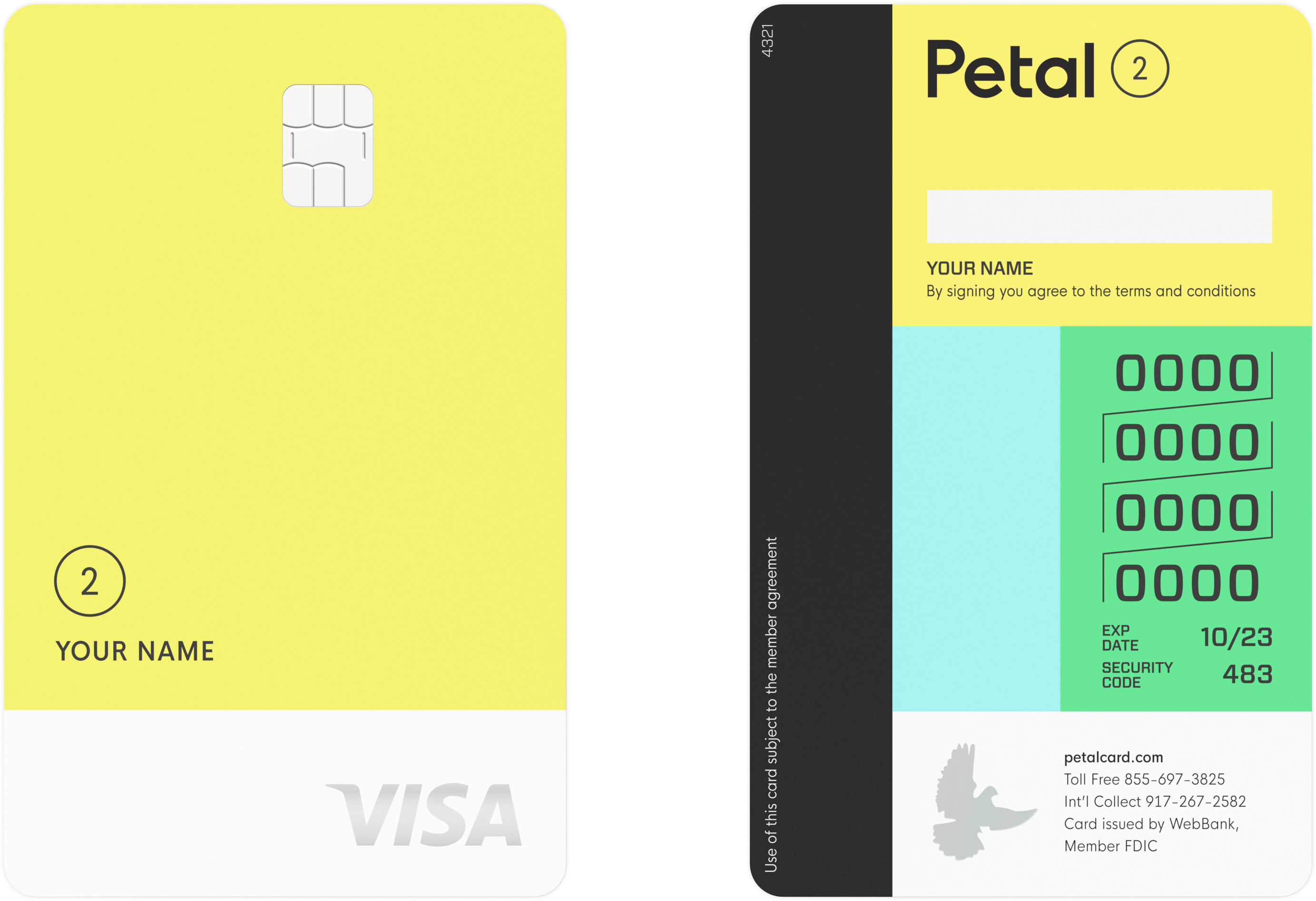Whenever you fill out an application for a new credit card, you're going to reach a section where the credit card company asks you about your income.
This part can prompt some questions for consumers, especially those who don't apply for credit cards often. You might be wondering what exactly qualifies as income and if yours is going to be high enough to get approved.
Since your income is an important factor during the credit card application process, it's good to know why it comes into play and how it will affect your chances of approval.
Why do credit card companies ask for your income?
Credit card companies ask for your income to determine whether to approve your application and, if so, the amount of credit to issue you. For example, a card issuer could decide that based on your income, it will approve you for a card with a credit limit of $1,000, or $5,000, or more.
The Credit CARD Act of 2009 requires credit card companies to ask applicants for their income. It also requires that they only approve an application if they're confident the applicant will be able to afford their monthly payments. However, it doesn't list any specific guidelines about how much credit they can issue.
Although your income mainly impacts the credit limit you get, it can also determine whether you're approved for a card. Certain types of cards have a minimum required credit limit. That minimum is often set by the payment network of the card, such as Visa or Mastercard. It's easiest to explain with an example.
Visa has multiple levels of cards available. Three of the most common all have their own minimum credit limits:
- Visa® Basic: No minimum
- Visa® Signature: $5,000
- Visa® Infinite: $10,000
Let's say you apply for a Visa® Signature card. The credit card company is only willing to issue you $2,000 in credit. It would need to deny your application, because it can't issue a Visa® Signature card with a credit limit under $5,000.
There are reports online that card issuers can sometimes get around these minimums. Although it's possible to be approved for a lower limit, credit card companies normally stick to the official guidelines.
How credit card companies set your credit limit
Your income is a significant factor in determining the credit limit you can get, but it's not the only factor. The credit card company could also consider other information, including:
- Any monthly debt payments you have
- Your rent or mortgage
- Your credit score
- Your available credit with other credit cards
Each credit card company has its own formula for how it uses this information to set your credit limit. Because of this, there's no way to predict the credit limit you'll get from a card issuer. But there are high limit credit cards that tend to have higher limits than other cards.
In our research on credit limits, we've found that card issuers generally like to keep your total credit limits with them between anywhere from 25% to 100% of your annual income. Some will start you off on the lower end, but if you always pay on time, you can ask them to increase your credit limit later.
What qualifies as income on a credit card application?
There are different standards for what counts as income depending on whether you're at least 21 years old. If you are, then you can include any income for which you have "reasonable expectation to access." This can include:
- Income from your job
- Income from freelancing or other types of independent work
- Your spouse's or partner's income
- Social Security payments
- Retirement fund distributions
- Trust fund distributions
- Scholarships and grants
For those under 21, you're only allowed to include any sort of personal income, allowances, scholarships, and grants.
Will a credit card company verify your income?
Although a credit card company could ask you to provide income verification, this doesn't happen often. In most cases, the credit card company will take your word for it and use your reported income.
Let's address the elephant in the room here: Since there's no income verification, what happens if you exaggerate your income?
To be honest, you're unlikely to get into any trouble solely for exaggerating your income. But this is considered loan application fraud, and it could come back to bite you if you aren't able to pay off what you charged.
If your reported income on your credit card application was much higher than your actual income, then a court could prohibit you from discharging credit card debt in bankruptcy. In some cases, offenders have even received hefty fines and/or imprisonment. The crime carries a maximum penalty of up to $1 million in fines and 30 years in prison.
A standard part of every credit card application
You need to provide your income each time you apply for a credit card, but you shouldn't worry too much about it. The truth is that the credit card company just wants to make sure it gives you the right credit limit. You don't need to be a big earner to get a card, as most cards are available to people at every salary range.
Here are a few quality credit cards that can give you an idea of what card issuers offer. Whether you don't have a credit history yet or are just looking for a great card, check out these to get started in your search.

|

|

|
| Wells Fargo Active Cash® Card | Discover it® Secured Credit Card | Petal® 2 "Cash Back, No Fees" Visa® Credit Card |
|
Rating image, 5.00 out of 5 stars.
5.00/5
Our ratings are based on a 5 star scale.
5 stars equals Best.
4 stars equals Excellent.
3 stars equals Good.
2 stars equals Fair.
1 star equals Poor.
We want your money to work harder for you. Which is why our ratings are biased toward offers that deliver versatility while cutting out-of-pocket costs.
Rating image, 5.00 out of 5 stars.
5.00/5
Our ratings are based on a 5 star scale.
5 stars equals Best.
4 stars equals Excellent.
3 stars equals Good.
2 stars equals Fair.
1 star equals Poor.
We want your money to work harder for you. Which is why our ratings are biased toward offers that deliver versatility while cutting out-of-pocket costs.
|
Rating image, 5.00 out of 5 stars.
5.00/5
Our ratings are based on a 5 star scale.
5 stars equals Best.
4 stars equals Excellent.
3 stars equals Good.
2 stars equals Fair.
1 star equals Poor.
We want your money to work harder for you. Which is why our ratings are biased toward offers that deliver versatility while cutting out-of-pocket costs.
Rating image, 5.00 out of 5 stars.
5.00/5
Our ratings are based on a 5 star scale.
5 stars equals Best.
4 stars equals Excellent.
3 stars equals Good.
2 stars equals Fair.
1 star equals Poor.
We want your money to work harder for you. Which is why our ratings are biased toward offers that deliver versatility while cutting out-of-pocket costs.
|
Rating image, 4.25 out of 5 stars.
4.25/5
Our ratings are based on a 5 star scale.
5 stars equals Best.
4 stars equals Excellent.
3 stars equals Good.
2 stars equals Fair.
1 star equals Poor.
We want your money to work harder for you. Which is why our ratings are biased toward offers that deliver versatility while cutting out-of-pocket costs.
Rating image, 4.25 out of 5 stars.
4.25/5
Our ratings are based on a 5 star scale.
5 stars equals Best.
4 stars equals Excellent.
3 stars equals Good.
2 stars equals Fair.
1 star equals Poor.
We want your money to work harder for you. Which is why our ratings are biased toward offers that deliver versatility while cutting out-of-pocket costs.
|
|
Credit Rating Requirement:
Falling within this credit range does not guarantee approval by the issuer. An application must be submitted to the issuer for a potential approval decision. There are different types of credit scores and creditors use a variety of credit scores to make lending decisions.
Recommended Credit Score required for this offer is: Good/Excellent (670-850)
Good/Excellent (670-850) |
Credit Rating Requirement:
Falling within this credit range does not guarantee approval by the issuer. An application must be submitted to the issuer for a potential approval decision. There are different types of credit scores and creditors use a variety of credit scores to make lending decisions.
Recommended Credit Score required for this offer is: New/Rebuilding Under(579)
New/Rebuilding Under(579) |
Credit Rating Requirement:
Falling within this credit range does not guarantee approval by the issuer. An application must be submitted to the issuer for a potential approval decision. There are different types of credit scores and creditors use a variety of credit scores to make lending decisions.
Recommended Credit Score required for this offer is: Fair/New to Credit Under(669)
Fair/New to Credit Under(669) |
|
Welcome Offer: Earn a $200 cash rewards bonus after spending $500 in purchases in the first 3 months. $200 cash rewards |
Welcome Offer: Discover will match all the cash back you’ve earned at the end of your first year. |
Welcome Offer: — |
|
Rewards Program: Earn unlimited 2% cash rewards on purchases. 2% cash rewards |
Rewards Program: 2% cash back at Gas Stations and Restaurants on up to $1,000 in combined purchases each quarter. 1% unlimited cash back on all other purchases - automatically 1% - 2% Cashback |
Rewards Program: — |
|
Intro APR: 0% intro APR for 12 months from account opening on purchases and qualifying balance transfers Purchases: 0% intro APR, 12 months from account opening Balance Transfers: 0% intro APR, 12 months from account opening on qualifying balance transfers |
Intro APR: Purchases: N/A Balance Transfers: 10.99%, 6 months |
Intro APR: Purchases: n/a Balance Transfers: n/a |
|
Regular APR: 19.24%, 24.24%, or 29.24% Variable APR |
Regular APR: 27.24% Variable APR |
Regular APR: 18.24 - 32.24% Variable |
|
Annual Fee: $0 |
Annual Fee: $0 |
Annual Fee: — |
|
Highlights:
|
Highlights:
|
Highlights:
|
Show More
 Show Less
Show Less
|
||
FAQs
-
Income is one factor that card issuers look at when evaluating a credit card application. It's used in deciding whether to approve or deny the application. If the application is approved, the card issuer also uses the applicant's income in setting a credit limit for the new card.
-
Credit card companies usually don't verify income and instead trust in the information that the cardholder provides. However, card issuers can and occasionally do request income verification.
-
Yes, you can get approved for a credit card with no job. You need a form of income, but it doesn't need to be income from a job. There are many forms of income that you can use on a credit card application, including freelance income, allowances, Social Security payments, and unemployment benefits.
We're firm believers in the Golden Rule, which is why editorial opinions are ours alone and have not been previously reviewed, approved, or endorsed by included advertisers. Motley Fool Money does not cover all offers on the market. Motley Fool Money is 100% owned and operated by The Motley Fool. Our knowledgeable team of personal finance editors and analysts are employed by The Motley Fool and held to the same set of publishing standards and editorial integrity while maintaining professional separation from the analysts and editors on other Motley Fool brands. Terms may apply to offers listed on this page.
The Motley Fool owns shares of and recommends Visa.